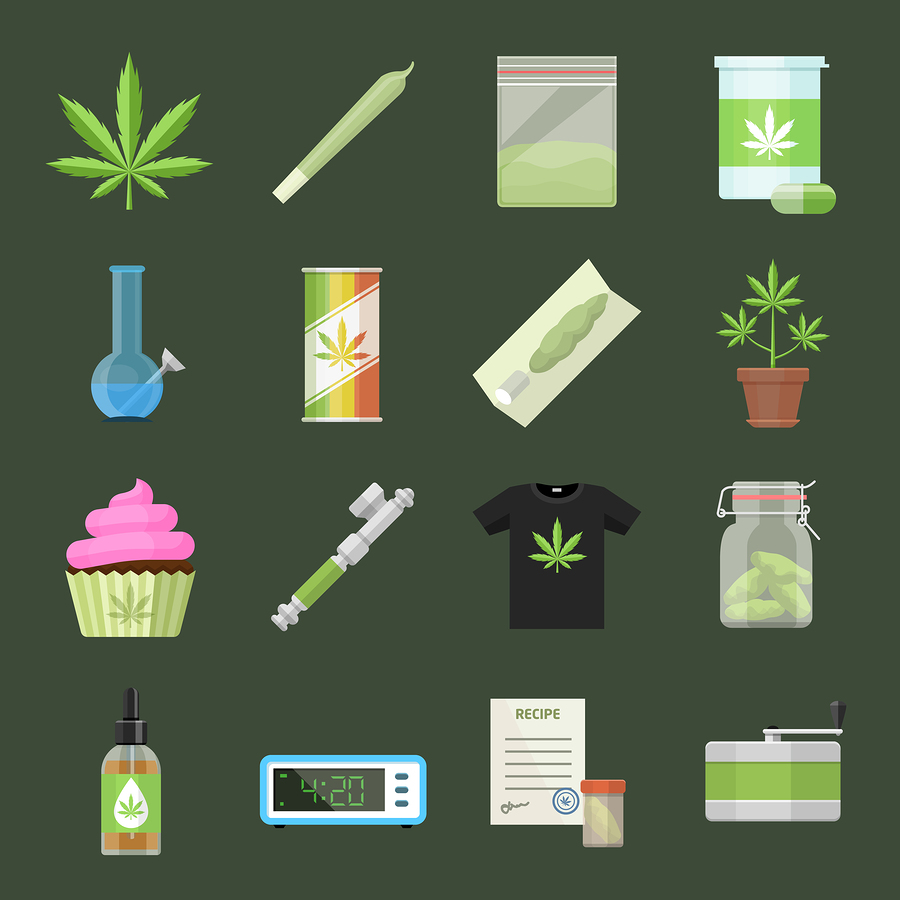The Canadian government is looking to legalization marijuana in the summer of 2018. Brian Greenspan, and employment lawyer with Hummingbird Lawyers LLP, commented on how legalization will affect workplace policies.
The first issue that Greenspan brought up was monitoring of impairment in the workplace. He went on to explain, “Testing is one of the big issues. Measuring present impairment is relatively simple when it comes to alcohol tests. You can blow into a breathalyzer, and it will give you a fairly accurate reading of the person’s blood alcohol content which provides insight into their present level of impairment.”
“Something that is tricky about marijuana is that a joint containing marijuana of one strain, is not equal to a joint of another strain. Marijuana is very different because of the way it can affect different users, the many strains, the different THC contents and CBD contents, all of that makes it harder to measure someone’s current impairment.”
While some policies will need to be amended. Greenspan notes that expectations of the workplace will not change. However, some workplaces will need to review their off-duty conduct policies. “In terms of employees being able to show up for work and smoking marijuana on the job, that won’t change,” he said.
Greenspan continued to explain, “Employers still have a right to ask that you show up to work sober, and ready to do your job. But in terms of off-duty conduct, it is similar to how alcohol is treated in the sense that it is no longer an illegal substance as of, what is anticipated to be, July 2018. Any policies that are in place that treat it as an illegal off-duty substance would have to be revisited and revised.”
Ultimately, many workplaces have to prepare and review many new changes in policies that are currently in use. This can include off-duty conduct, prescription policies, content regarding medical marijuana and impairment testing on-site.
Greenspan concludes, “Any policies that employers have in place to treat marijuana as being an illegal substance have to be revisited in a workplace perspective. The expectation from employers is that you show up for work and you are sober and ready to do your job.”

